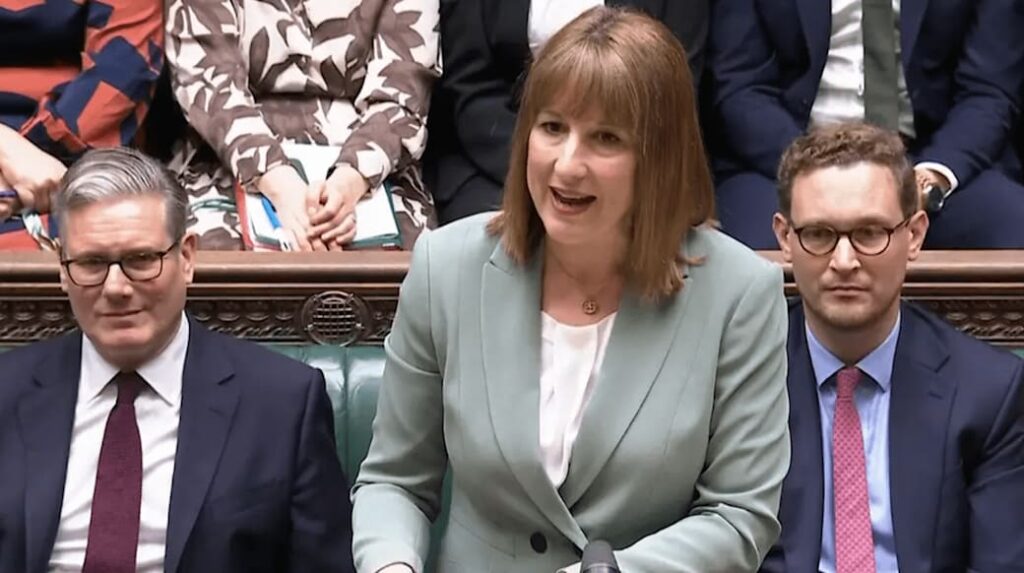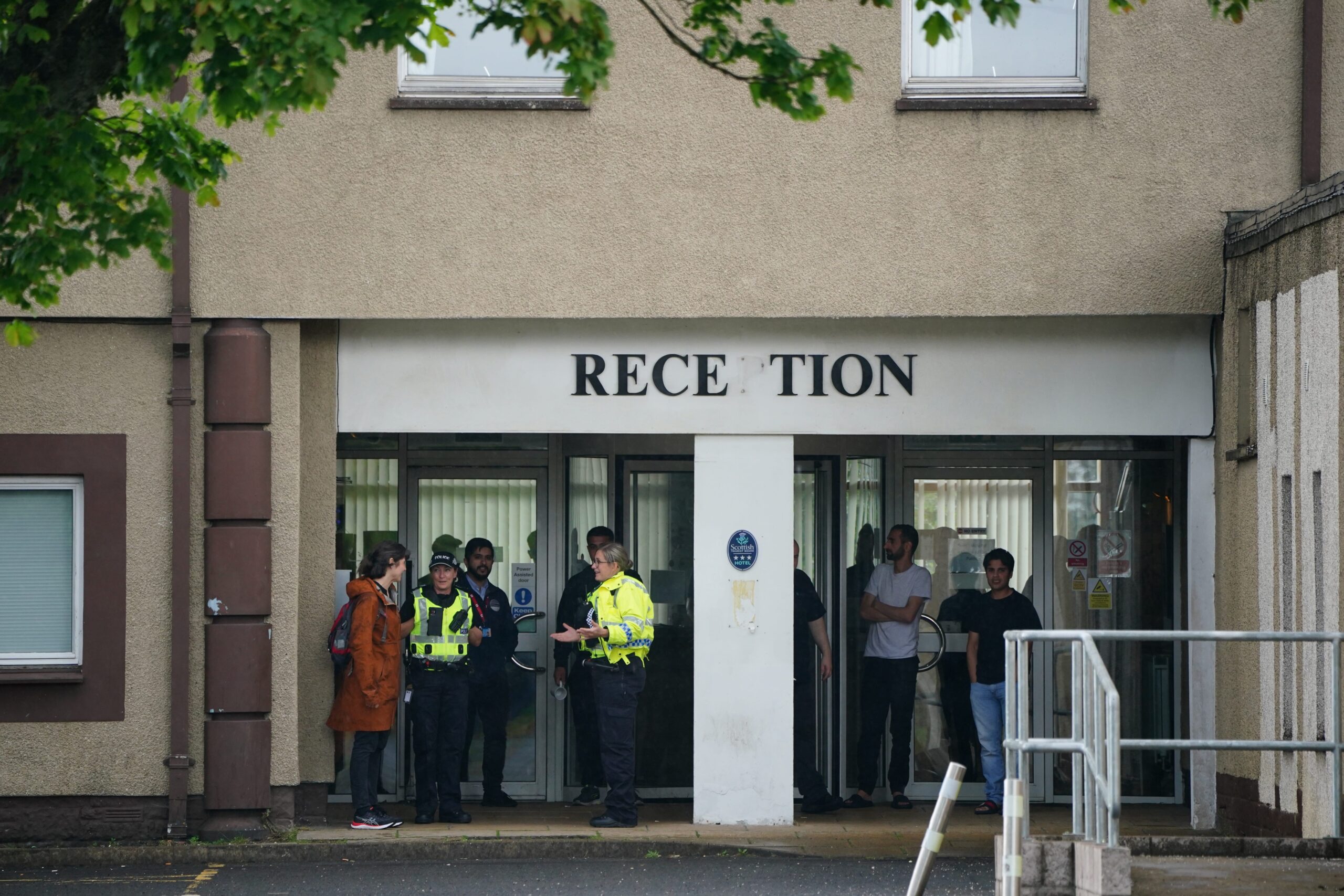
Saving £1 Billion: Chancellor Outlines Plan to End Asylum Seeker Hotel Stays
On June 11, 2025, Chancellor Rachel Reeves announced the UK government’s plan to end the use of hotels for housing asylum seekers. This move is part of a broader strategy to reduce the asylum backlog and cut costs associated with temporary accommodations.
Key Points of the Announcement
- Cost Reduction: The government aims to save approximately £1 billion annually by ceasing the use of hotels for asylum seekers. Currently, housing asylum seekers in hotels costs taxpayers around £8 million per day.
- Alternative Accommodations: Plans are in place to transition asylum seekers to more cost-effective housing options, including disused military sites and barges, such as the Bibby Stockholm barge in Portland, Dorset.
- Local Authority Involvement: The government is collaborating with local councils to find suitable housing solutions. However, there are concerns that the responsibility and associated costs may shift to local authorities, which are already facing housing shortages and financial constraints.
- Implementation Timeline: The Home Office has already closed 150 asylum hotels by May 2024, with plans to close an additional 50 hotels by the end of the year.
Challenges and Criticisms
- Feasibility of Savings: Experts question whether the projected £1 billion savings are realistic, given the complexities of processing asylum claims and securing alternative accommodations.
- Pressure on Local Authorities: Councils warn that the government’s plan may inadvertently place additional burdens on them, as they are legally required to house refugees once their asylum applications are processed.
- Alternative Accommodation Concerns: The use of disused military sites and barges as housing options has raised concerns about the adequacy and suitability of these accommodations for asylum seekers.
The government’s decision to end the use of hotels for asylum seekers reflects a shift towards more sustainable and cost-effective housing solutions. However, the success of this policy will depend on the effective implementation of alternative accommodations and the collaboration between central and local authorities.
